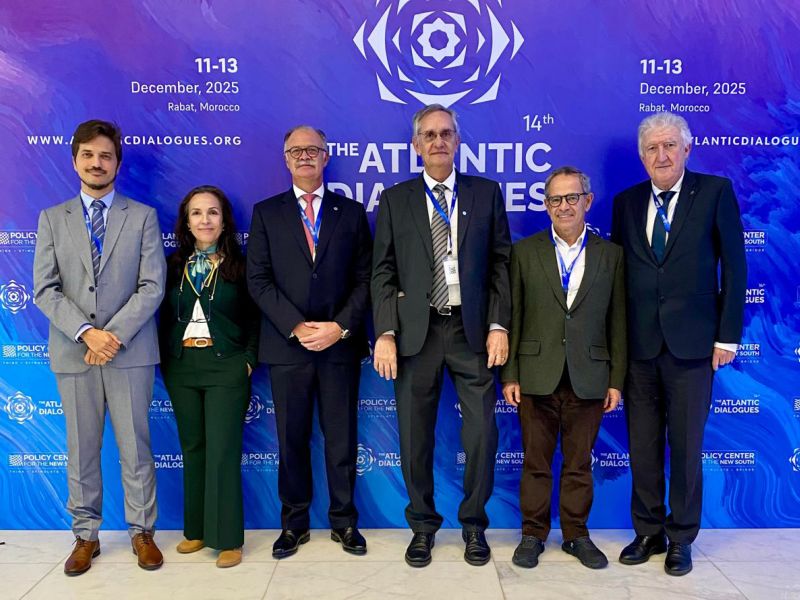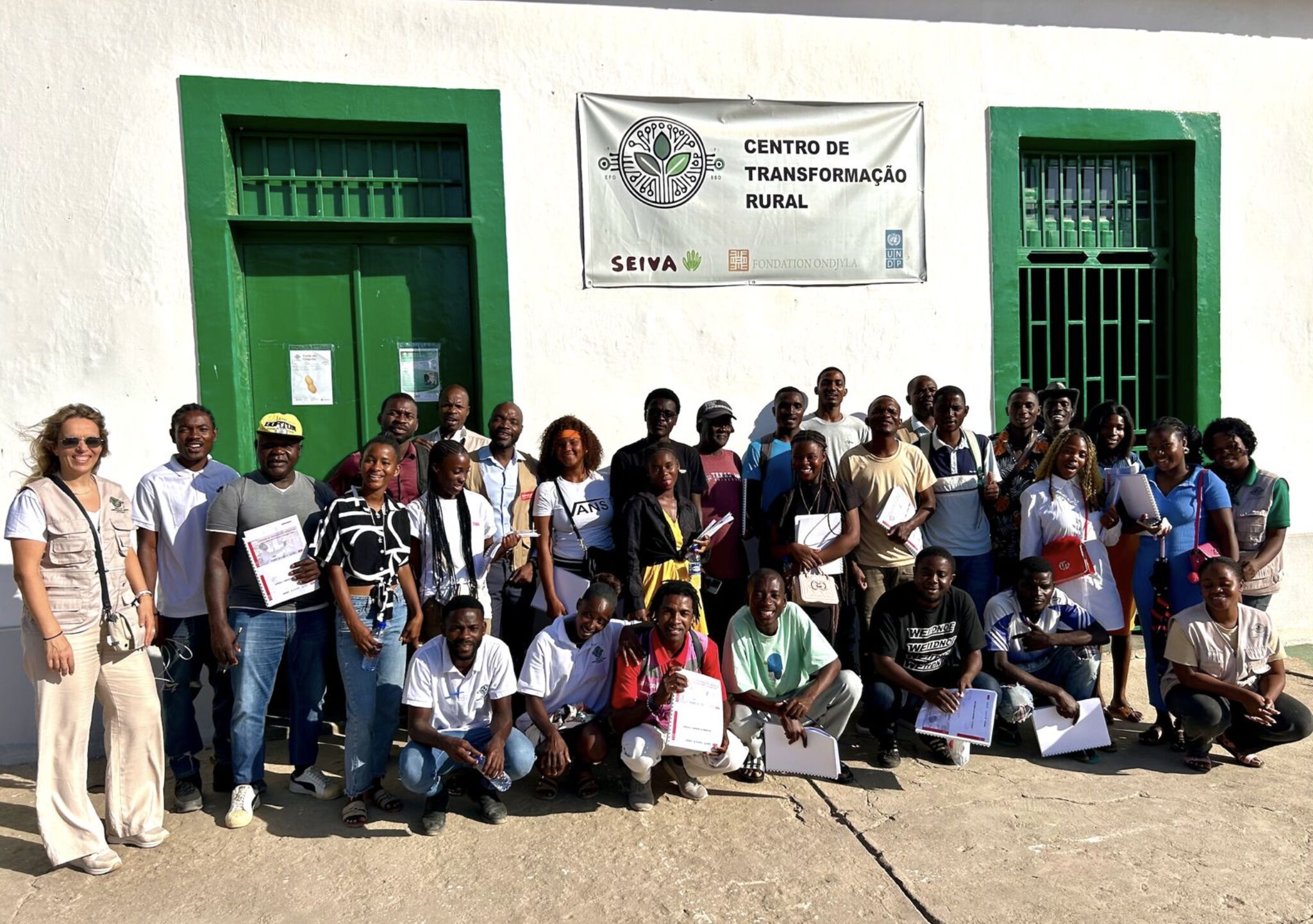2024-12-11
Portugal - Óbidos | Dual System and Sustainability in Focus at CRIIA Institute’s International Seminar
The historic town of Óbidos hosted the third internal training seminar of the CRIIA Institute, bringing together experts and representatives from seven countries — Guatemala, Colombia, Mozambique, Angola, Portugal, France, and Spain. The main goal of the event was to reflect on strategies to ensure the sustainability of the institution’s projects and to promote the implementation of the dual education system in various contexts.
During the seminar, participants reviewed the activities carried out in the past year and outlined key work areas for 2025. A central priority is the strategic investment in training of trainers as a means to expand dual education — which combines theory and practical experience — in Latin America and Africa.
Two new programs were announced in partnership with the University of Barcelona: a Diploma in Dual System Education (starting in February) and a Master’s in Dual Vocational Training and Sustainable Development, set to begin in September.
Among the current initiatives, collaboration with Guatemala’s Ministry of Education stands out, involving the development of a national rural education strategy and the launch of pilot technical secondary schools using the dual model. Similar efforts are being explored in Peru, where four new institutes are planned in the Cusco region, pending a formal agreement with the Ministry of Education.
The seminar also concluded the final preparations for the 2025 launch of an international research project on dual education, led by the University of Sherbrooke (Canada). The study analyzes the impacts of work-based learning and alternance models in 13 countries across four continents, offering valuable insights into professional education and sustainable development worldwide.



